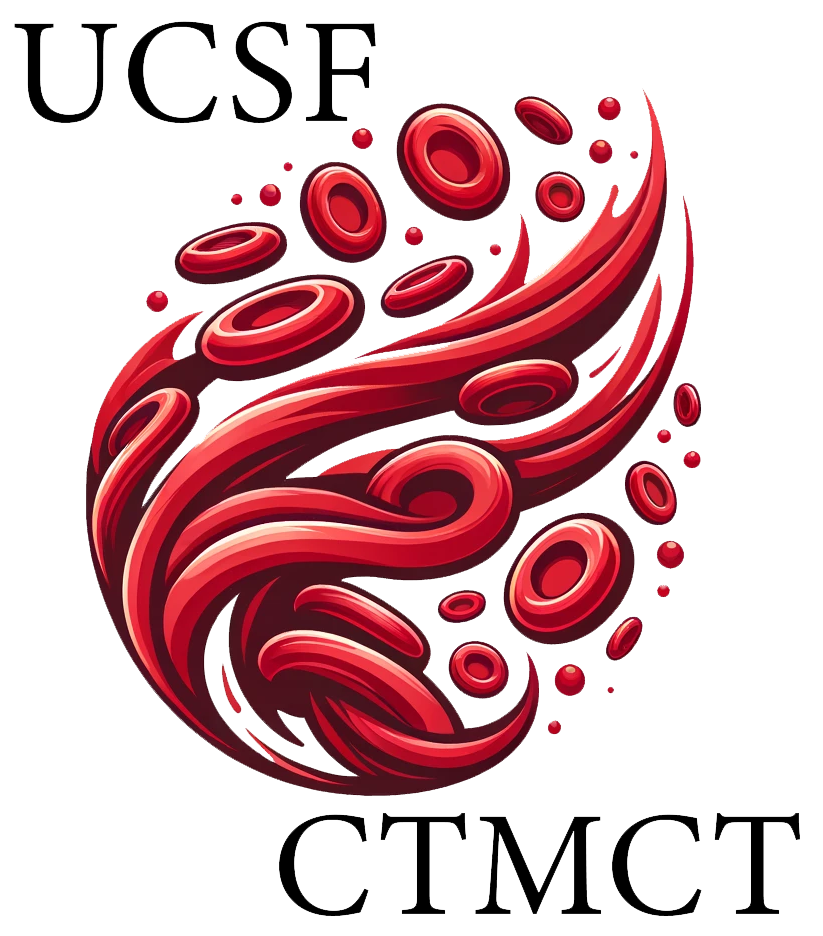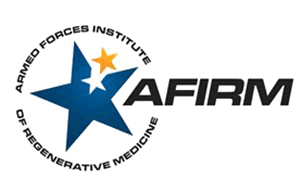
Presented by the UCSF Department of Laboratory Medicine and UCSF Center for Research in Transfusion Medicine and Cellular Therapies






Questions? Email us at [email protected] or call 303-238-0685